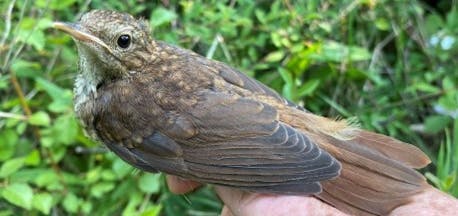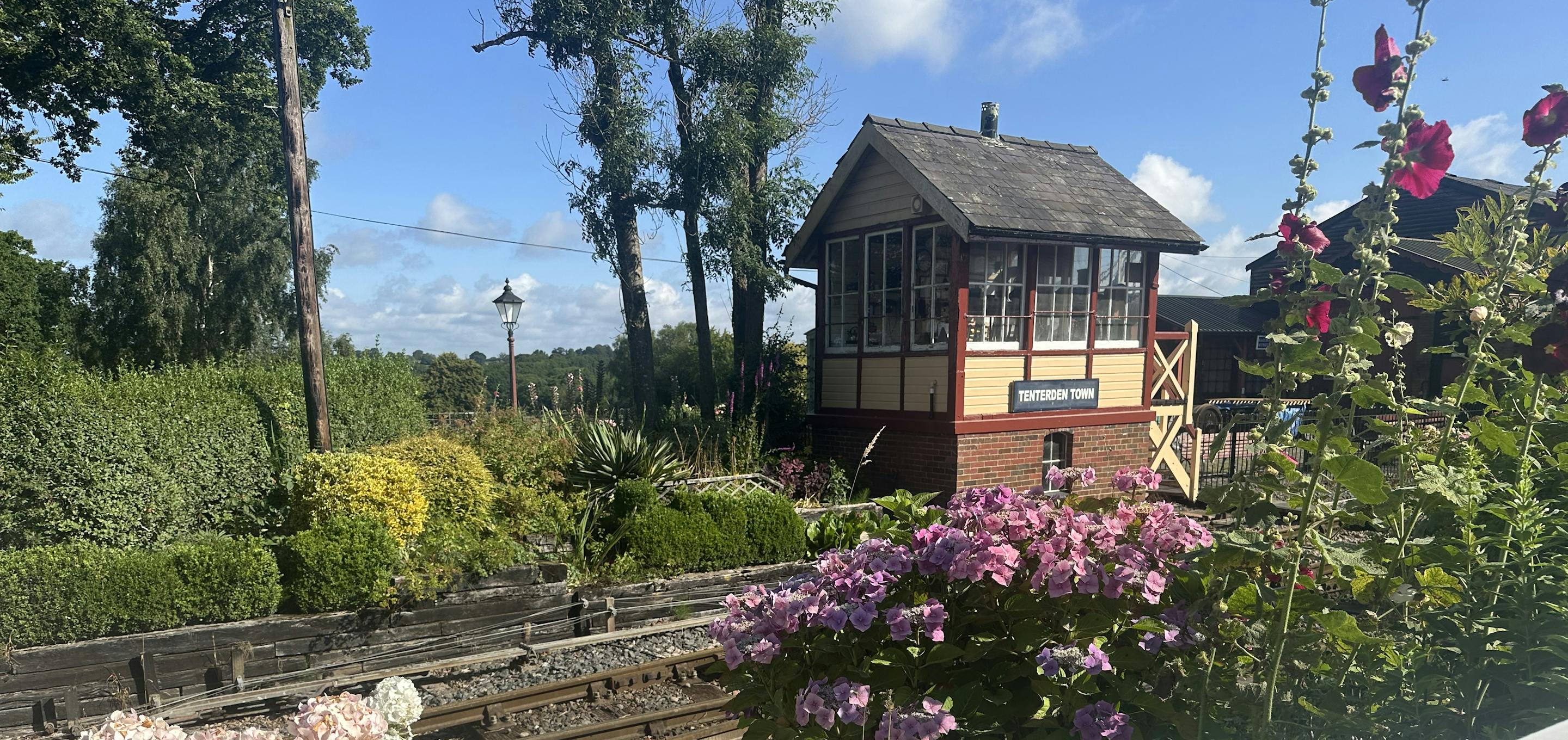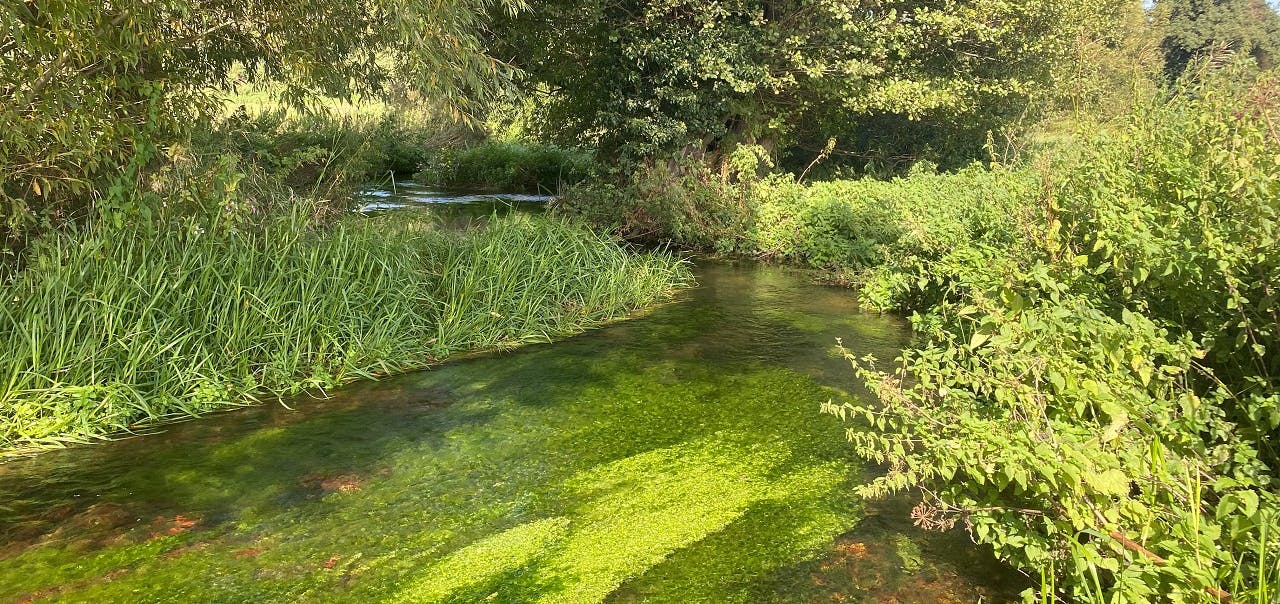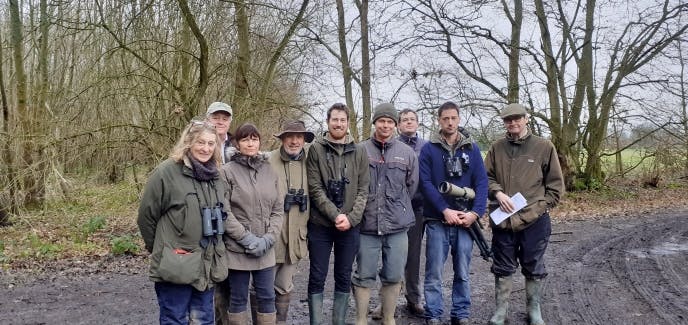
Nightingale and Turtle Dove Research
Last summer, our Senior Ecologist Chas Holt has been helping with research into the ecology of two of our most iconic, yet fastest declining, summer migrants – Nightingale and Turtle Dove. Both are now largely confined to south-east England and East Anglia, with Kent being the stronghold county.
A project using GPS tags on Turtle Doves, led by Kent Wildlife Trust with help from local group Marden Wildlife, is collecting data on habitat use and home ranges of Turtle Doves during the breeding season. The information will help us support Turtle Doves in the Marden area, engage with local landholders, and enhance understanding of optimal habitat mosaics at different scales. Thanks to the RSPB’s Operation Turtle Dove, as well as their researchers in Essex for advising on the special method of tag attachment being used in this project.
Not far away as the dove flies, we have also helped with a British Trust for Ornithology (BTO) study on Nightingales. Several Nightingales have been fitted with small geolocators, which when retrieved next spring upon the birds’ return to their breeding sites, will provide data about migratory routes and wintering areas. Nightingales only spend a relatively short period in Britain during the breeding season (April to approximately late July), so these data are important to help understand the species’ ecology during the remainder of the year including pinpointing their wintering areas in west Africa.
These Nightingale migration studies with BTO are part of a wider package of ecological work in the Upper Beult farmer cluster area being carried out through collaboration between KWT, South East Rivers Trust and Southern Water. A core objective is to maintain and improve the Low Weald’s important population of this iconic songster, in doing so benefiting a wealth of other biodiversity.



